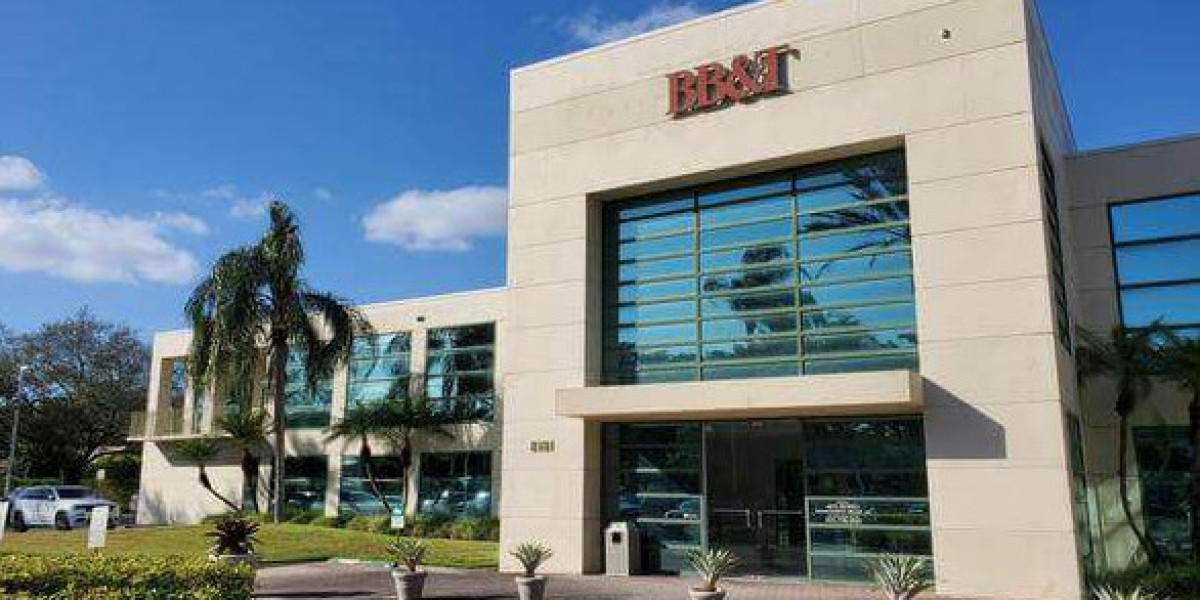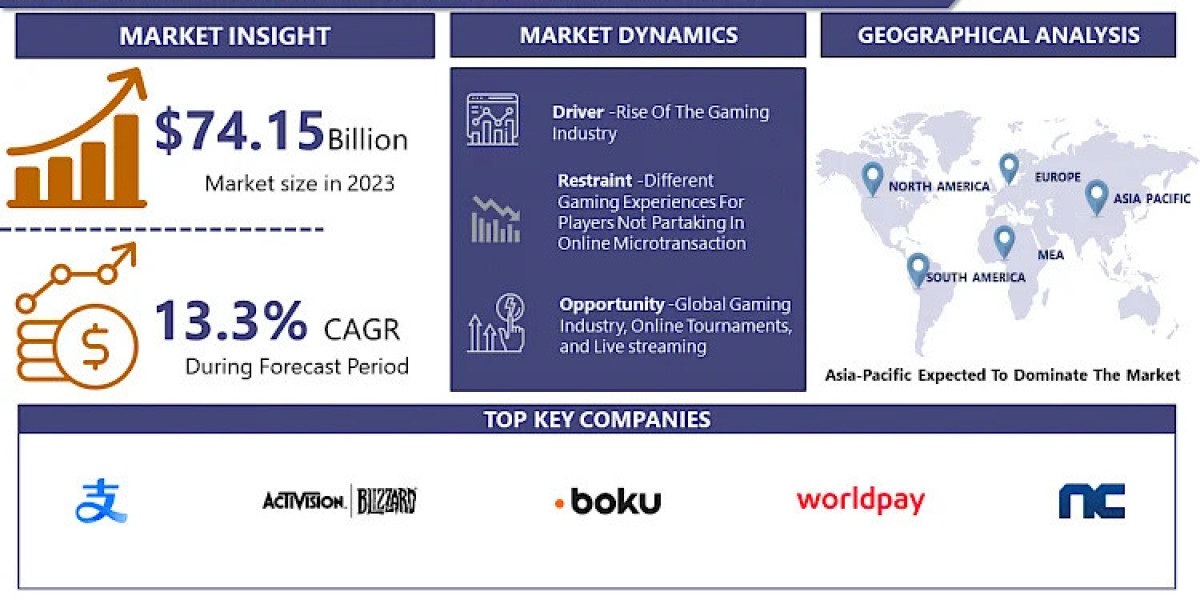Workers' compensation insurance is a crucial aspect of business operations, particularly for employers in Miami. This coverage is designed to protect both employees and employers in the event of workplace injuries or illnesses. In this blog post, we will explore the importance of workers' compensation insurance, how it works, and what Miami businesses need to know to ensure they are compliant with state regulations.
What is Workers' Compensation Insurance?
workers comp insurance Miami is a type of coverage that provides medical benefits and wage replacement to employees who are injured or become ill due to their job. In exchange for these benefits, employees typically give up their right to sue their employer for negligence. This system is designed to offer a no-fault solution to workplace injuries, making it easier for employees to receive compensation and for employers to manage their liability.
Why is Workers' Compensation Important in Miami?
Miami, with its bustling economy and diverse industries, presents unique challenges and opportunities when it comes to workers' compensation insurance. From construction sites to office buildings, the risk of workplace accidents is ever-present. For businesses in Miami, having proper workers' compensation insurance is not just a legal requirement but also a critical component of their risk management strategy.
Legal Requirements for Workers' Compensation in Florida
In Florida, the law mandates that businesses with four or more employees must carry workers' compensation insurance. However, for construction businesses, the threshold is one or more employees. This coverage is required regardless of whether the employees are full-time or part-time. It is essential for Miami business owners to understand these requirements to avoid hefty fines and legal complications.
How Workers' Compensation Insurance Works
When an employee is injured on the job, workers' compensation insurance provides several types of benefits, including:
- Medical Benefits: Coverage for medical expenses related to the injury or illness, including hospital stays, doctor visits, medications, and rehabilitation.
- Wage Replacement: Compensation for lost wages while the employee is unable to work due to the injury. This typically amounts to a percentage of the employee's average weekly wage.
- Disability Benefits: For employees who suffer permanent disabilities, workers' compensation provides additional benefits to help cover long-term care and loss of earning capacity.
- Vocational Rehabilitation: If the employee cannot return to their previous job, vocational rehabilitation benefits help them acquire new skills or training for alternative employment.
- Death Benefits: In the unfortunate event of a fatal workplace accident, the insurance provides benefits to the employee’s dependents or beneficiaries.
How to Obtain Workers' Compensation Insurance in Miami
Obtaining workers' compensation insurance in Miami involves several steps:
- Determine Your Coverage Needs: Assess the nature of your business, the number of employees, and the risks associated with your industry. This will help determine the appropriate level of coverage.
- Choose a Reputable Insurance Provider: Look for insurance companies that offer workers' compensation coverage in Florida. It’s beneficial to work with providers who understand the local regulatory landscape and have experience in your industry.
- Get a Quote: Request quotes from multiple insurance providers to compare costs and coverage options. Make sure to provide accurate information about your business to receive an appropriate quote.
- Review and Purchase a Policy: Once you choose an insurer, review the policy details carefully to ensure it meets all legal requirements and covers the specific needs of your business. After finalizing, purchase the policy and keep all documentation in a safe place.
- Maintain Compliance: Workers' compensation insurance requires ongoing compliance, including timely payment of premiums and accurate reporting of employee information. Regularly review your policy and adjust coverage as needed.
Common Misconceptions About Workers' Compensation Insurance
Several misconceptions can lead to confusion about workers' compensation insurance:
- "Workers' Compensation Covers All Workplace Injuries": Workers' compensation insurance generally covers injuries that occur in the course of employment, but not all injuries may be covered. For example, injuries resulting from horseplay or those that occur while an employee is off-duty may not be covered.
- "It’s Only for Large Businesses": Even small businesses with just a few employees are required to carry workers' compensation insurance in Florida if they meet the legal thresholds.
- "Workers' Compensation Is a Costly Burden": While workers' compensation insurance does involve costs, it is a critical investment in protecting your business from potential lawsuits and financial losses associated with workplace injuries.
- "Workers’ Compensation Claims Lead to Higher Insurance Rates": Many factors affect insurance premiums, including claims history, industry risk, and employee safety practices. Implementing effective safety programs and maintaining a good claims history can help manage insurance costs.
Best Practices for Managing Workers' Compensation Claims
Managing workers comp insurance Miami compensation claims effectively can reduce costs and improve outcomes:
- Implement a Safety Program: Invest in training and safety measures to prevent workplace accidents. A proactive approach to safety can reduce the number and severity of claims.
- Respond Quickly to Injuries: Ensure that employees know the proper procedures for reporting injuries and that you respond promptly to claims. Quick action can prevent minor issues from escalating.
- Maintain Communication: Keep open lines of communication with injured employees throughout their recovery. This helps to ensure they are receiving appropriate care and can facilitate a smoother return-to-work process.
- Work with a Claims Adjuster: Collaborate with your insurance provider’s claims adjuster to manage the claim effectively. They can provide guidance on documentation, medical care, and return-to-work strategies.
Conclusion
Workers' compensation insurance is an essential aspect of running a business in Miami. It not only fulfills legal requirements but also protects both employees and employers from the financial impacts of workplace injuries. By understanding the requirements, obtaining appropriate coverage, and managing claims effectively, Miami businesses can navigate the complexities of workers' compensation and create a safer, more secure work environment.
If you're a business owner in Miami, ensuring that you have the right workers' compensation insurance in place is crucial. Consult with experienced insurance professionals to tailor a policy that fits your needs and helps you comply with Florida's regulations.







